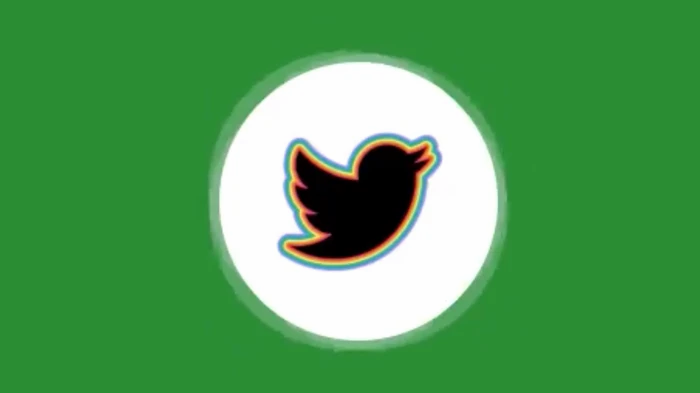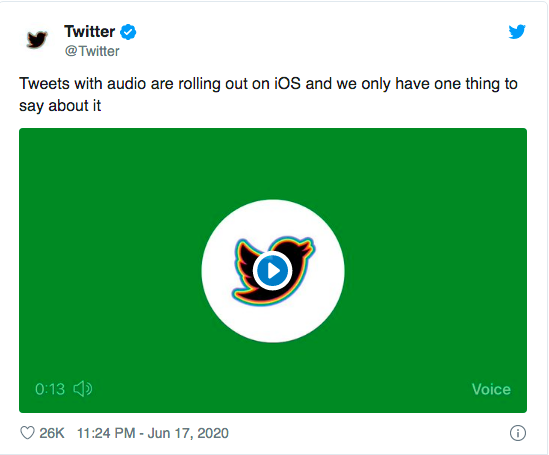How Is Twitter Going to Moderate These Voice Recordings?
- The Tech Platform

- Jun 19, 2020
- 2 min read
Audio recordings are notoriously difficult to moderate, and Twitter already has a harassment and white supremacist problem.
Wednesday afternoon, Twitter rolled out an update that allows people to record and tweet sounds. Twitter says it sounds like this, peaceful and relaxing:
In reality, voice tweets give a platform that has a well-documented, decade-long harassment problem an entirely new, more difficult type of media to moderate.
There are a few things worth mentioning here: In order to upload audio to Twitter before this update, it had to be linked from a third-party platform like SoundCloud, or uploaded as a video file. Twitter is now letting people upload sounds directly, which in theory isn’t the worst idea in the world—if implemented correctly, it could allow musicians to upload music, podcasts to easily upload snippets, and parts of the world that are used to sending voice memos to upload those, as well. For the moment, Twitter won't allow people to send voice tweets as replies, which is good. But Twitter is also a platform where women, LGBTQ+ people, and Black and brown people are targeted by coordinated harassment campaigns. Twitter already doesn’t do a great job of kicking white supremacists and Nazis off the platform, and it has now given them a new mechanism to harass people.
Audio is more labor intensive to moderate than text or photos, because it requires moderators to actually listen to the audio to act on it; typically, moderators are asked to make a decision on whether content violates a platform's rules in a matter of seconds. With longer audio clips, a moderator will have to locate the violating portion of the audio, which takes much longer (AI can help speed up this process, but AI moderation has its own problems). As we've previously reported, Twitter has far fewer human moderators than other social media giants, so adding such a labor-intensive type of content to moderate seems like it could go poorly. Twitter did not say in its public posts how it will moderate this content, but in a recent Twitter video livestream I watched, random stream watchers were asked to help moderate comments, which is not a terribly sophisticated way of doing content moderation.
Twitter did not immediately respond to a request for comment about the moderation of voice tweets.
Source: Paper.li







Comments